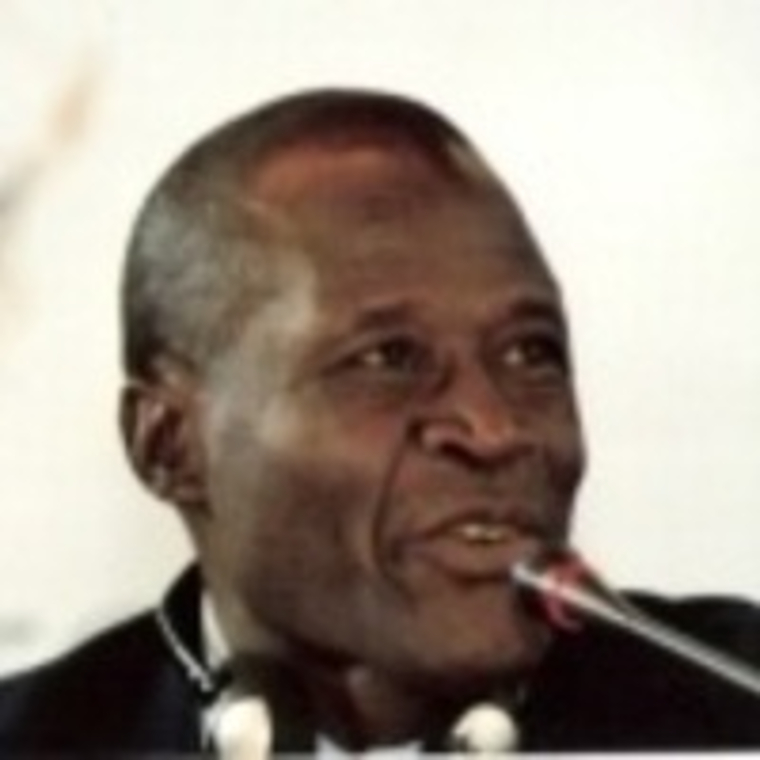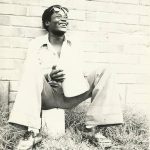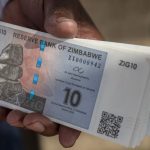 I left The Chronicle after nine years and returned to freelancing. I started The Insider, nine months later after our plan, with other journalists including Sakake, to start a weekly along the lines of the then Weekly Mail, flopped. I funded the publication from my pension and also obtained a loan from the bank. However, after a year, I decided to look for a job because of The Insider’s mounting debt. I, however, continued to publish The Insider but this time as a subscription only newsletter. This was to be my modus operandi throughout my working career. It became part of any contract that I should be allowed to publish The Insider.
I left The Chronicle after nine years and returned to freelancing. I started The Insider, nine months later after our plan, with other journalists including Sakake, to start a weekly along the lines of the then Weekly Mail, flopped. I funded the publication from my pension and also obtained a loan from the bank. However, after a year, I decided to look for a job because of The Insider’s mounting debt. I, however, continued to publish The Insider but this time as a subscription only newsletter. This was to be my modus operandi throughout my working career. It became part of any contract that I should be allowed to publish The Insider.
I got my first job as information officer for the Zimbabwe Congress of Trade Unions. My main task was to revive their paper, The Worker, as its editor. This was a God-send because I was given so much freedom by my boss Morgan Tsvangirai, who was only 5 months older than me, that I was able to publish The Insider at a reduced cost because I was now able to do my own design and layout using the ZCTU computer which had desktop publishing software.
I left the ZCTU in 1996 to join Africa Information Afrique as its training editor but continued to publish The Insider. My new job enabled me to open an office specifically for The Insider. I employed a full-time secretary and hired advertising representatives for the Zimbabwe Products Digest and Agro-business but closed the magazines down after realising that they were not making money. I had been burnt once and did not want to repeat the same mistake.
My training job allowed me to experiment with my writing. And, with a full-time secretary doing the production of The Insider, I concentrated on my writing. I started writing for other publications like the Mail and Guardian, the Sunday Times of South Africa and even the London Sunday Times, Africa Confidential, Business Report as well as The Africa Report. These publications paid quite well but my main motivation was to show the people that I trained and mentored that I could do what I taught.
I joined the Financial Gazette as their Bulawayo Bureau chief in 2004 after AIA closed. The salary was not as good as that at AIA but it was a good offer. I was entitled to a company car and fuel. My days at the Financial Gazette were some of the best in my writing career as I was allowed to experiment. I wrote some of my best stories which some people remind me about up to today- stories like a nation of poor millionaires.
I also entered into a very accommodating contract with the Financial Gazette. It allowed me to continue publishing The Insider as well as training within the region when jobs arose. The training jobs paid me much more than my job with the weekly financial paper. A 10-day training programme paid me more than a year’s salary at the Financial Gazette. That is how badly our currency had been eroded.
It was also while I was at the Financial Gazette that I was invited to become a member of the Forum for African Investigative Reporters (FAIR) which later recruited me to become their peer mentor and investigations manager in 2009. This was to be my last full-time job. Though now based in South Africa, I continued to publish The Insider and did three wonderful transitional investigations.
My first one was Killing Soccer in Africa, a story about how corruption was killing football in Africa. We did the investigation in 2010 when South Africa hosted the World Cup. The story was selected as a case study in the United Nations Educational, Scientific and Cultural Organisation (UNESCO) Global Investigative Journalism Casebook.
The second transnational investigation I was involved in was very controversial even within FAIR itself. It was entitled: Pirates, Smugglers and Corrupt Tycoons. Some of our members accused us of condoning corruption but we argued that if Robin Hood was a hero in the Western world why should we also not celebrate our African heroes who were helping the poor? The story was among the seven finalists for the Daniel Pearl award which was organised by the Global Investigative Journalism Network.
My last investigation was a collaboration between African and European journalists and was entitled:The FAIRTRADE Chocolate Ripoff which was nominated for the prestigious ‘De Tegel’ prize in the Netherlands.
I have not incorporated most of the stories from these publications on my website.
I think I should.
To be continued
Click here to read Part One
(127 VIEWS)

